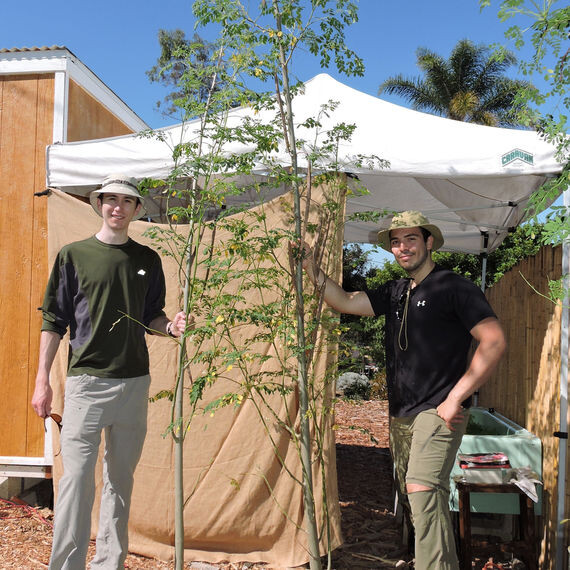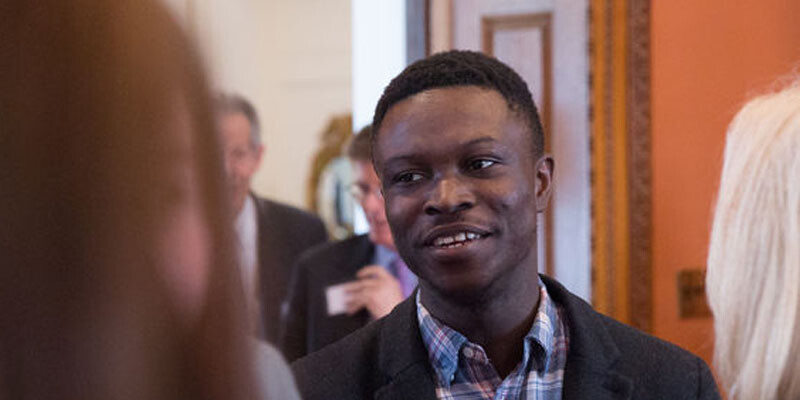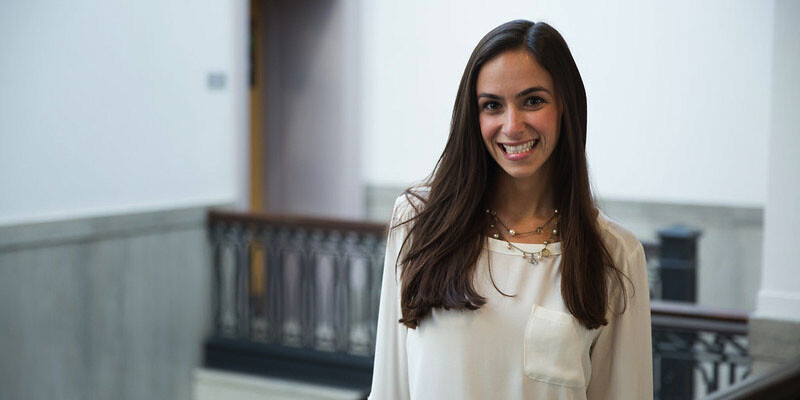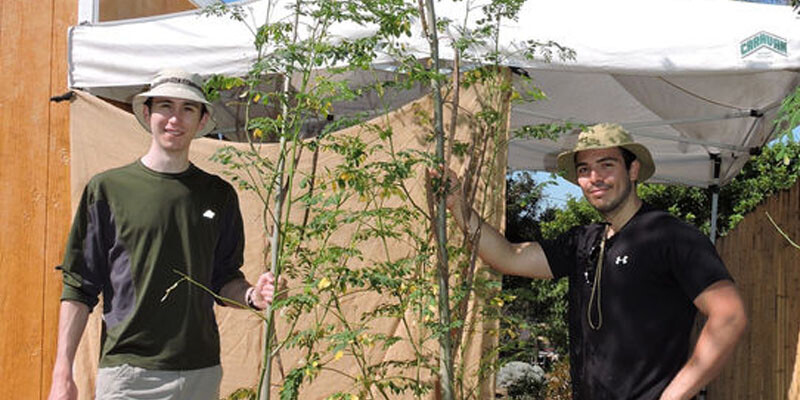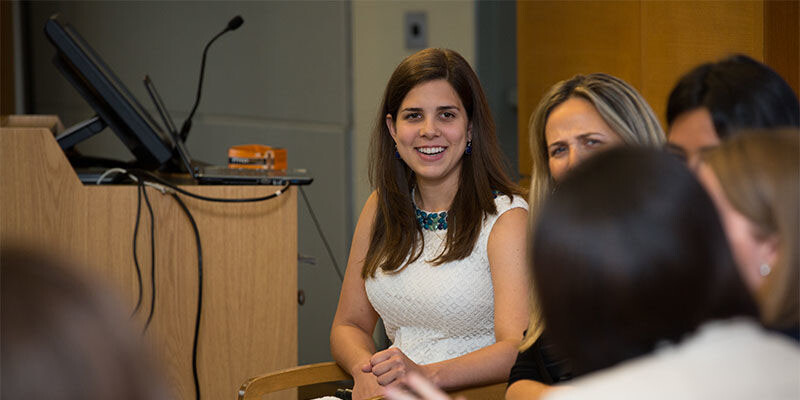One of the greatest challenges of the 21st century will be meeting the world’s growing water needs in the face of a changing climate.
Like other environmental challenges, achieving water security will require innovation on many fronts.
Thanks to the President’s Engagement Prize, Adrian Lievano and Matthew Lisle now have the opportunity to tackle this global challenge firsthand.
Lievano and Lisle are spending the year designing and implementing Everwaters, a sustainable rainwater catchment and filtration system in Kimana, Kenya, where access to clean drinking water is a daily struggle.
For most of his undergraduate career, Lievano focused on engineering with applications in human medicine. But when he began learning about the water security challenges facing rural and poor regions worldwide, he recognized another area in which his skill set could come in handy.
“Once I became aware of the magnitude of this problem, discovering how many people drink unclean water every day, how many suffer from water-related illnesses each year, I knew I had to jump into it,” says Lievano.
For Lisle, environmental stewardship has been a passion since childhood. While at Penn, he co-authored an award-winning business proposal for an engineering entrepreneurship class that would place wind turbines along highways to take advantage of cheap renewable energy.
“Climate change has really been a common thread through my entire educational development,” says Lisle.
Once I became aware of the magnitude of this problem, discovering how many people drink unclean water every day, how many die from waterborne diseases each year, I knew I had to jump into it.
Adrian Lievano
The pair of engineers will utilize moringa oleifera seeds, which come from a tree that grows natively in the region, to purify water in Kimana. They will make use of a rainwater catchment system, as well as surface water located at a nearby school.
“When the seed is ground down, it activates what is called a ‘coagulant protein,’” explains Lisle. “It will then act as any other industrial flocculant — in some cases, more effectively — by binding heavy metals, reducing turbidity, and eliminating bacteria.”
Through December, the pair focused on honing their design. Starting in January, they began installing the filtration system and providing ongoing community support and education. They plan to travel throughout the region, meeting with community leaders and scoping out other sites that may benefit from similar systems.
Lievano and Lisle are focused on one thing: impact.
“This seed grows everywhere, and the locals are already accustomed to it,” says Lievano. “If our technology works, why not coordinate an effort to spread it to a much larger region?”
